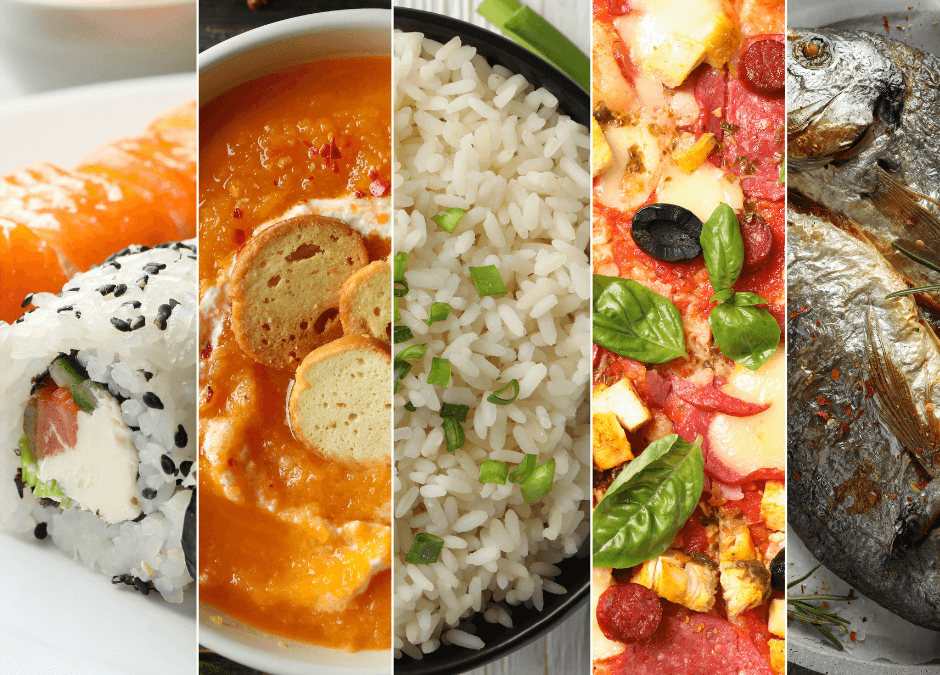Are you stuck in the research rabbit hole?
You really, honestly, truly want to know what to eat.
What to avoid.
What foods will possibly help reduce your recurrence risk.
You try sorting through the research, but get more confused. And then. . .your anxiety goes through the roof.
There’s too much information to wade through, and often the answer you find is, “It depends.”
It’s hard to decide what you can trust.
I’ve been there.
I’m an experienced dietitian, but when I went through my own breast cancer, I got help to make sure I was doing the best I could with my diet.
I knew the impact of treatment (in my case, lumpectomy and radiation) could be offset by eating to support healing and optimize my recovery and survivorship.
Luckily, I had a dietitian friend with experience in oncology to guide me, and now, I’m honored to help you!
START HERE
- Increase fiber (aim for at least 25 grams/day)
- Reduce added sugar (aim for 6 teaspoons or less per day)
- Eat a plant-based diet (heavy on the fruits, veg, nuts/seeds, legumes)
- Limit or eliminate alcohol (there’s no “safe” amount of alcohol that doesn’t increase risk)
Of course there’s much more you can do to optimize your post-treatment diet, but what I shared above is a great, simple way to start.
It’s not necessary to comb through reams of research looking for the “best” way to eat, because honestly, your diet doesn’t have to be complicated in order to be capable of supporting your nutritional health and well-being!
Leave a comment below and tell me, which one of the tips will you start using today?
____________________________________________________________________________
Thanks for reading my blog post! Inspired and/or enlightened by what you read? Be sure to subscribe so you never miss a new post.
Subscribe by CLICKING HERE to get your FREE copy of The Five Foods Survivors Should Eat
CLICK THIS LINK and watch my 2-minute Peaceful Plate program video!
Follow me on Instagram @hormone.breastcancer.dietitian
This information is for educational purposes only and is not intended as medical advice. Please consult your dietitian or doctor for guidance specific to your needs.

